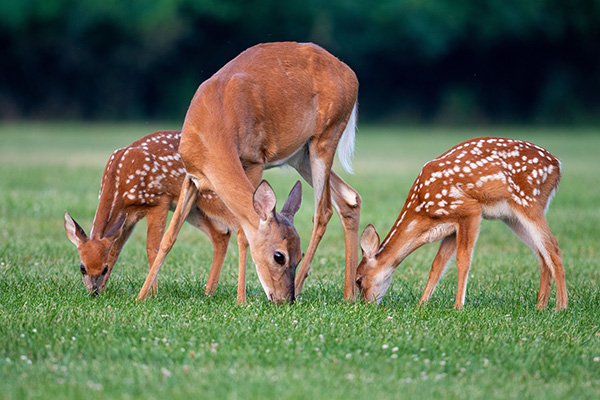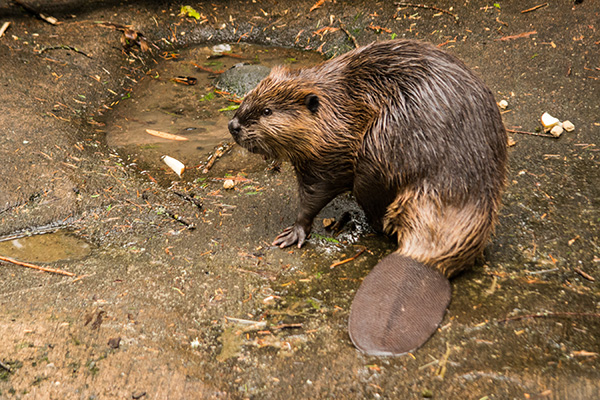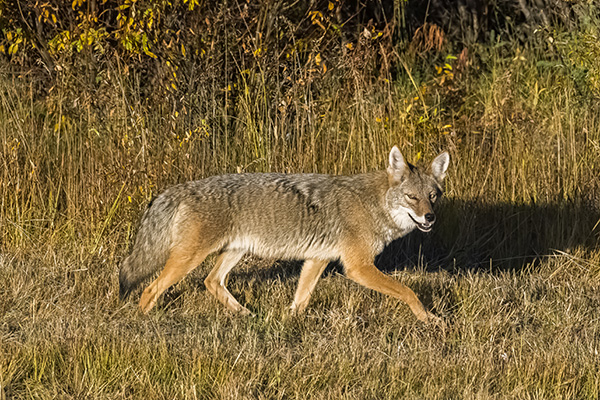Led by a team of wildlife specialists, researchers, and technicians from Clemson University's Cooperative Extension Service, the Wildlife Damage Management Program is designed to provide statewide resources and science-based solutions for addressing human-wildlife conflicts in South Carolina. By implementing an evidence-based and interdisciplinary approach to reduce wildlife damage caused by common conflict species, including but not limited to feral swine, white-tailed deer, beaver, and coyotes, this program will continue to illustrate Clemson Extension's commitment to integrating research, education, and outreach when addressing issues affecting agricultural producers, non-industrial private landowners, and community stakeholders throughout South Carolina.

Problematic Wildlife
White Tailed Deer
One of the most abundant and recognizable species in the state, white-tailed deer are South Carolina's official state animal. Unfortunately, they are increasingly the greatest cause of wildlife damage in the state.
Learn More

Wild Hogs
Wild hogs now occupy every county in South Carolina. As hogs spread, they damage agricultural lands, destroy habitat used by native species, spread disease and much more. While they seem like an unstoppable force, there are measures that can be taken to reduce damage caused by these hoofed invaders.
Learn MoreBeavers
Beavers are the largest rodent native to the United States. They are skilled engineers with the ability to change the environment around them to suit their needs. While their engineering feats can provide various benefits to native plants and animals, they can also be a source of damage.
Learn More

Coyotes
Coyotes have established a presence in South Carolina only recently. While the extent of the damage they can cause is often misunderstood, there are still some sources of conflict to be mindful of.
Learn More
